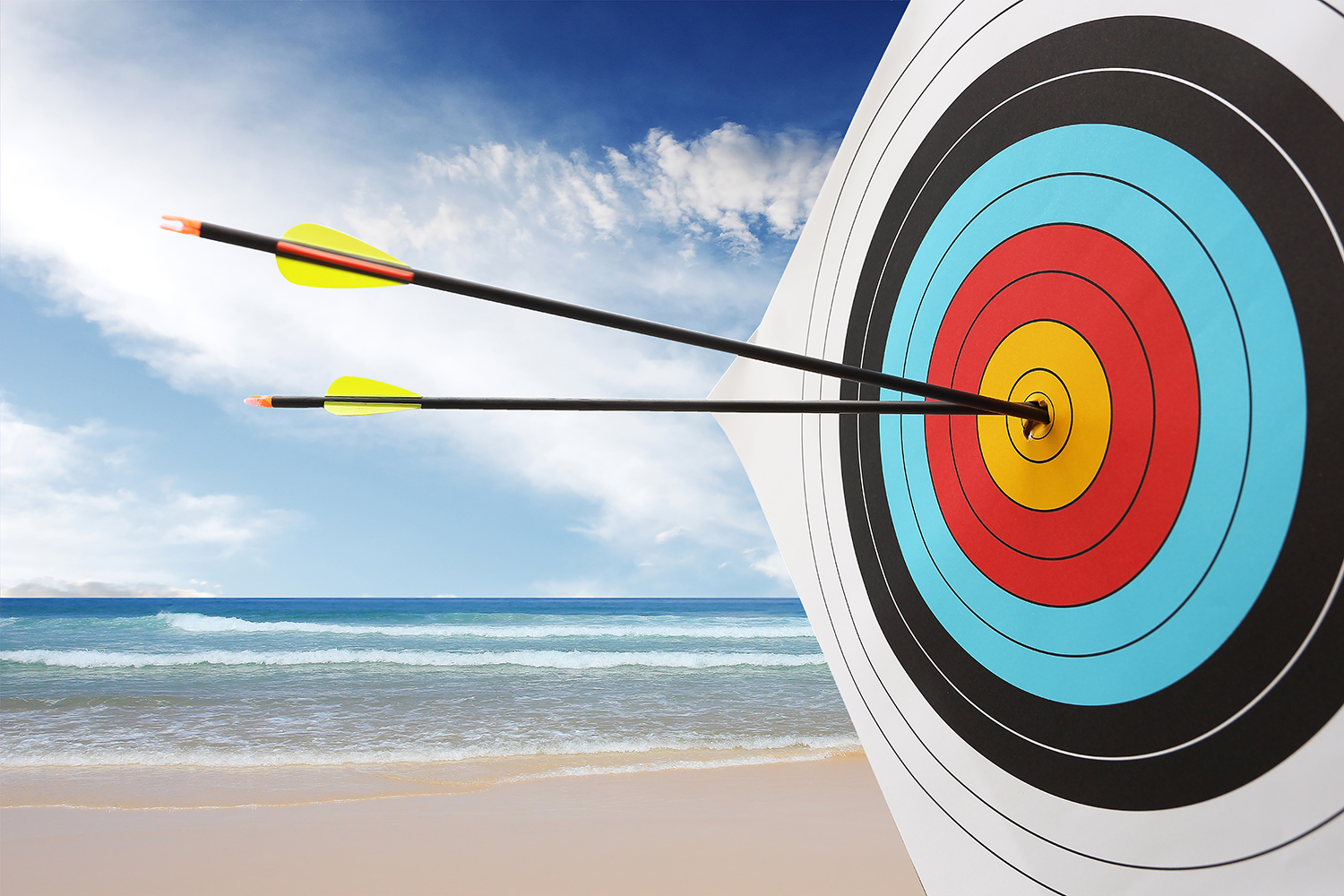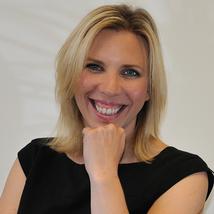How to be kind to your mind
How do you speak to yourself on a day-to-day basis? Is your internal monologue filled with thoughts of kindness and encouragement, or those of fear and worry?
Our self-talk is important in terms of stress due to one simple fact. It isn’t always events or situations that upset, anger or lead to us to feel low – it’s often the way in which we think about those things.
In difficult times it’s easy to forget this. But the fact remains, we can approach any situation with either unhelpful or more helpful thinking, and this determines our experience of stress.
Pain is inevitable, but suffering is optional

The two arrows
Life can often shoot an arrow at us, wounding us, and we experience pain as a result of this. However, we tend to shoot a second arrow into the open wound, increasing and prolonging the pain.
For example, many of us have been unable to celebrate important moments or spend time with our nearest and dearest during the pandemic. This is the painful first arrow.
Our reaction to this may be: ‘Why can’t I see my friends? It’s not fair. I was really looking forward to this. Why does this have to be cancelled? When will this end? I can’t stand it anymore!’ This is the second arrow, that makes the situation far worse.
These types of reactions, while understandable, only serve to increase our suffering. When we get frustrated at being frustrated, or fed up at being fed up, we shoot more arrows, creating even more pain.
How to avoid shooting the second arrow
This analogy teaches us that we can ease our suffering by thinking about how we respond to life’s challenges.
Notice the first arrow
When you face setbacks or challenges, pay attention to your reactions – you might notice your arrows as emotional distress or physical pains. You could keep a thought diary to help you practice this.
Resist the urge to shoot another arrow
Maybe you want to shout at someone, complain, or look for someone to blame. Maybe you want to berate and criticise yourself. Simply become aware and notice your reaction. It's usually a desire to lash out – blame and criticism can feel like a discharge of energy, but they can often prolong the pain more than if you’d simply acknowledged the first arrow.
Ask yourself, ‘Do I need to shoot the second arrow?’
You can ask this either before you shoot the second arrow, or just after it's been shot. The point is to catch yourself adding more pain, and choose instead to respond with a more helpful reaction. Ask yourself, ‘Am I adding unhelpful energy that doesn't need to be added?’
Reward your success
Give yourself a pat on the back if you manage to stop the second arrow. You’ve learned a new way of responding and you can use the energy you saved to respond to situations that you can control.
DREAM-like habits
Uncertainty and change can make it difficult for many of us to think positively. In order to sustain helpful, compassionate thinking, try to follow the ‘DREAM’ acronym:
- Direction: Have goals to look forward to
- Resilience: Find ways to bounce back
- Emotions: Look for what's good
- Acceptance: Be comfortable with who you are
- Meaning: Be part of something bigger
How will you be kind to your mind?
This week you could pledge to:
- Keep a thought journal each day: This will help you to become aware of your thought process, as well as notice and replace unhelpful thoughts
- Take time out for self-care: Like with the oxygen mask on a plane, you should put yours on first to be in a better position to help others – here are some more tips on self-kindness
- Set yourself daily positive affirmations: Start your day with an intention like ‘I am enough’ or ‘My mental health is a priority’ – you can find lots of inspiration for these online and on dedicated apps
- Write down your strengths: What are some of the things people have said about you that have made you feel motivated, proud or 10 feet taller?
Last updated Thursday 23 January 2025
First published on Wednesday 14 April 2021

